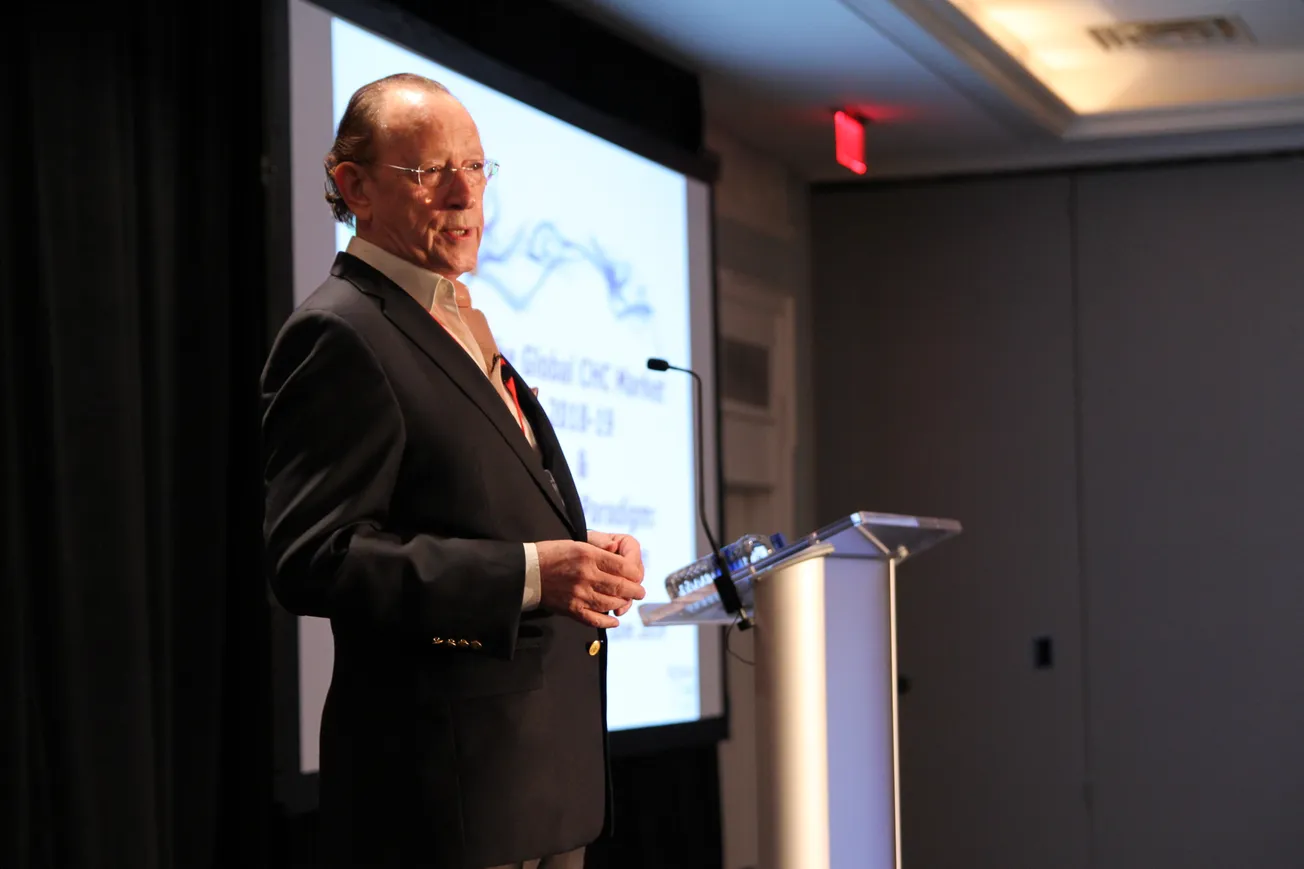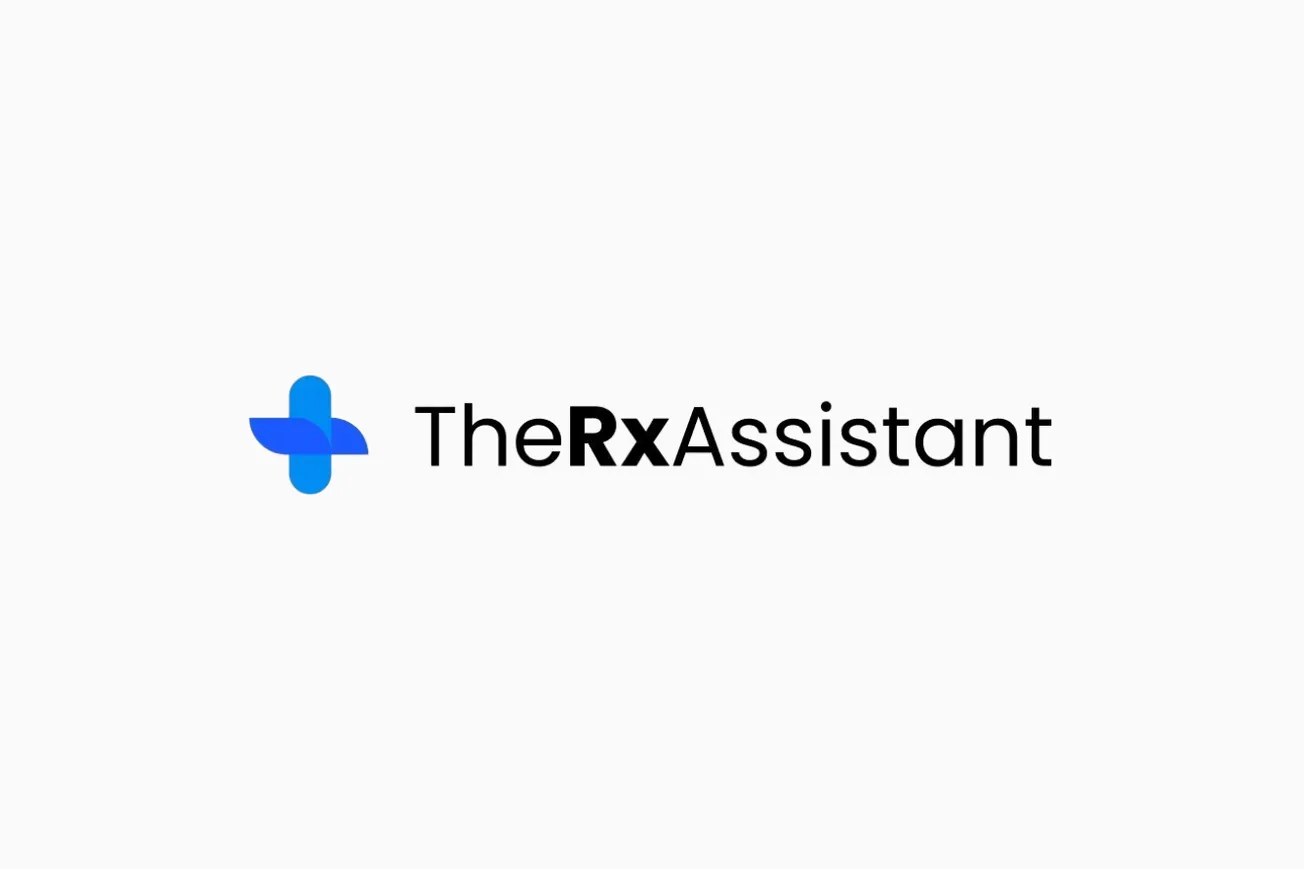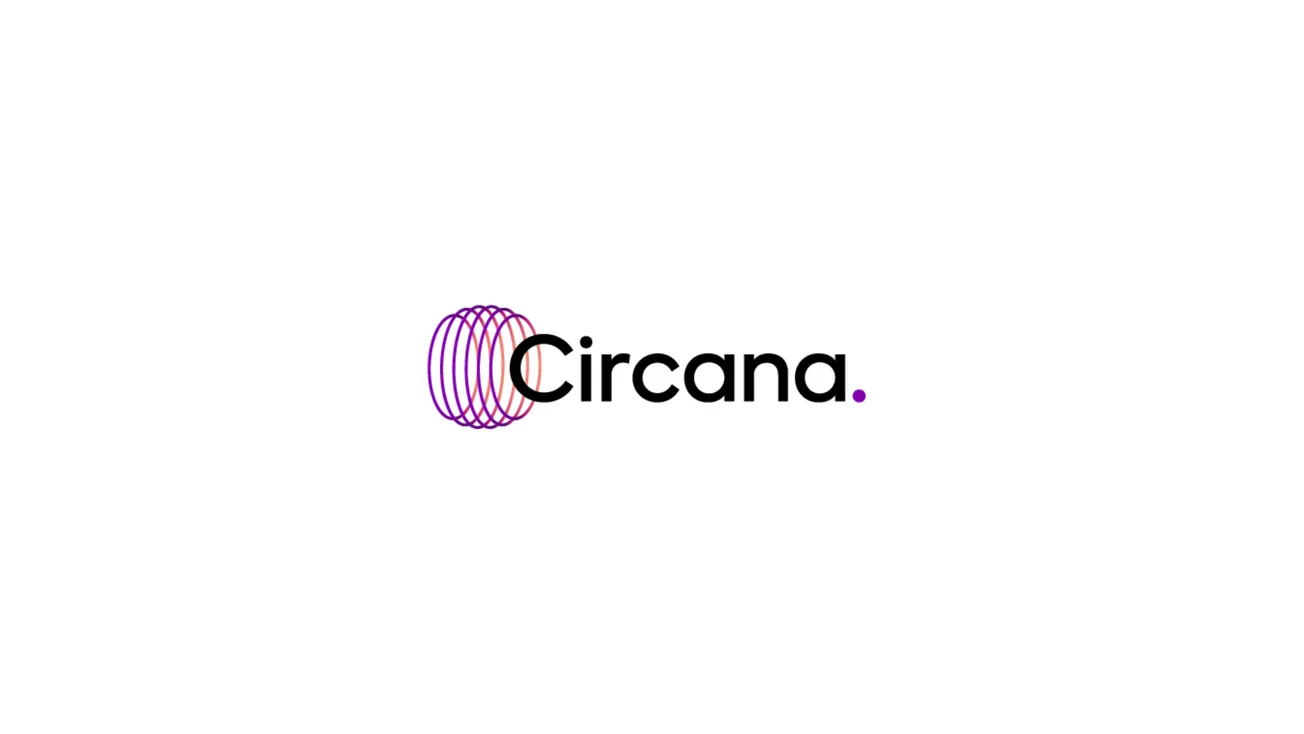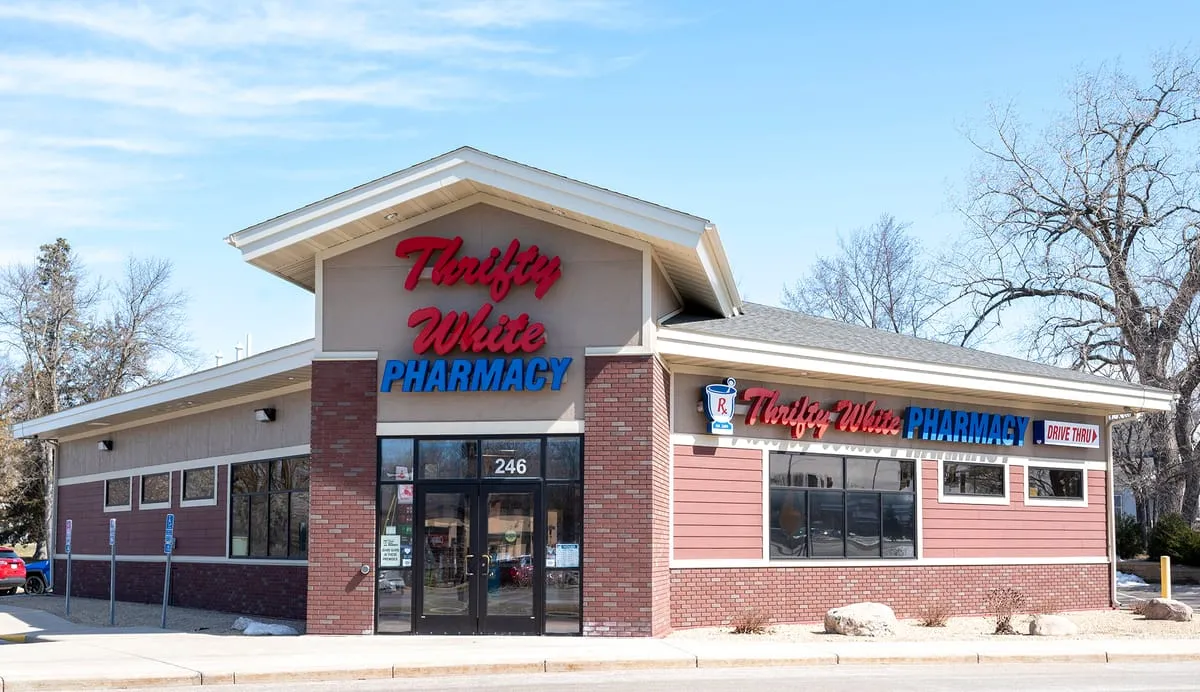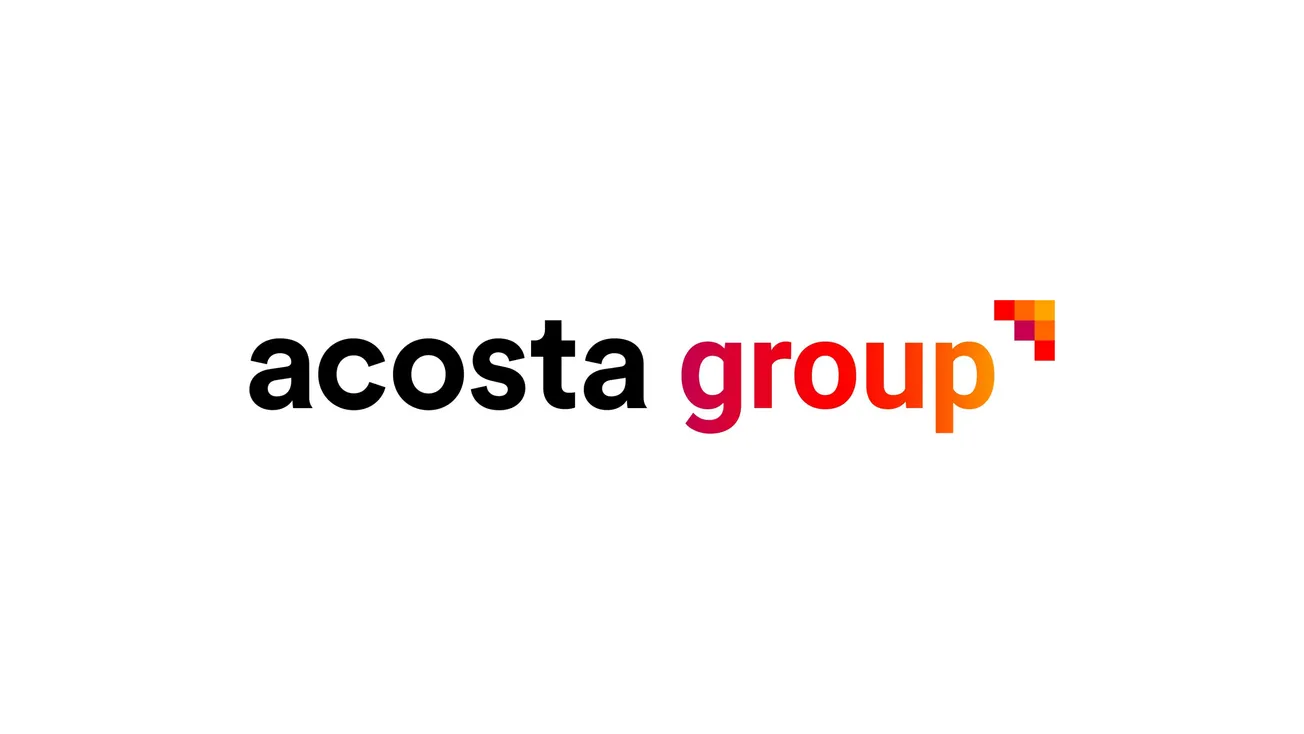MORRISTOWN, N.J. — The Nicholas Hall Group of Companies, in association with Everything Health, held its North American Consumer Healthcare Conference (CHC) here in June.
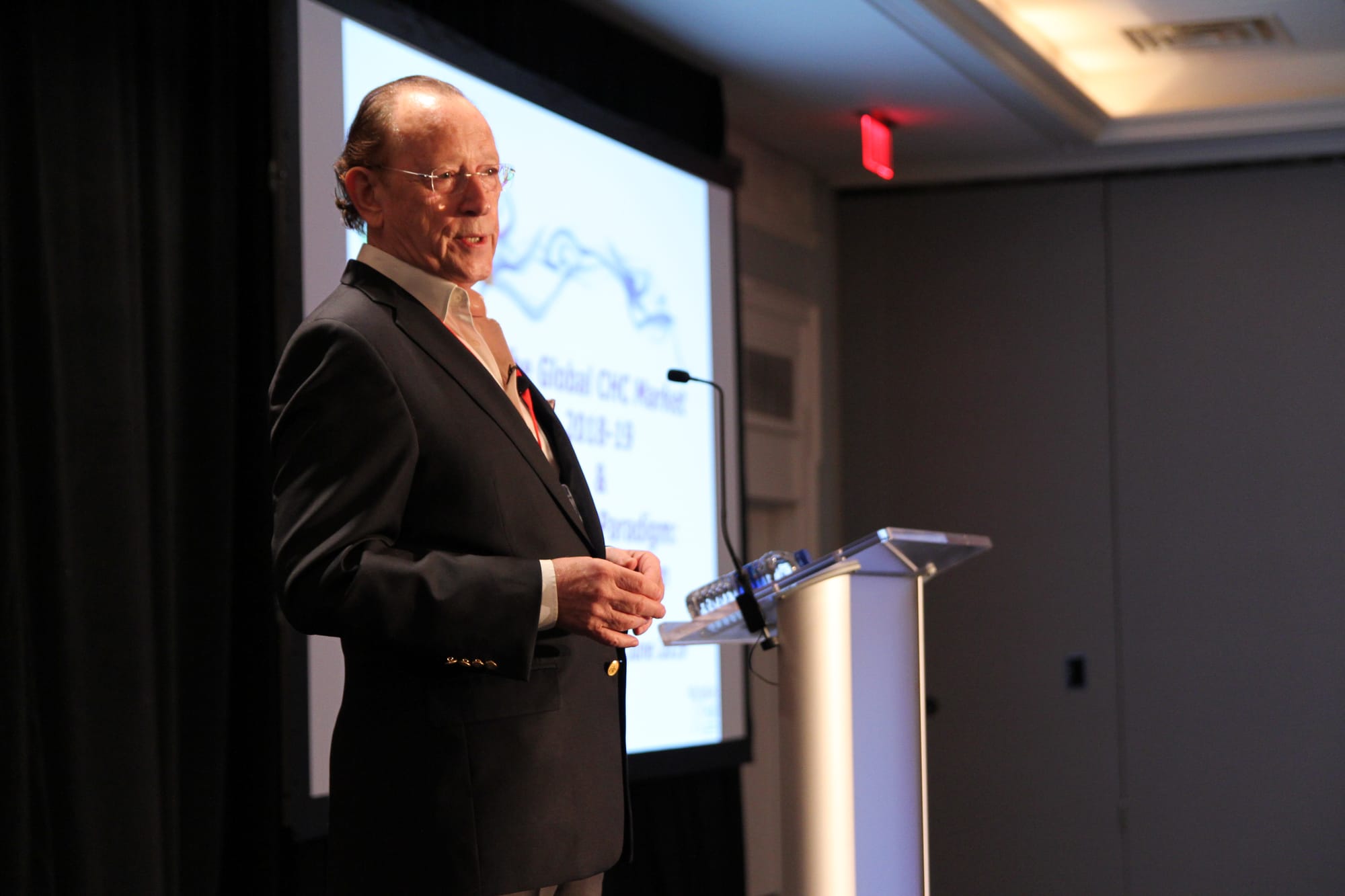
Nicholas Hall
With attendees from key CHC players and stakeholders, and speakers from companies including Bayer Corp., Consumer Healthcare Products Association (CHPA), Google Inc., GlaxoSmithKline PLC, Perrigo Co. and Johnson & Johnson Consumer Products, the two-day event explored new areas of potential growth and technological innovations that will drive the CHC industry forward, as well as innovative new products and business model ideas.
Though they discussed the lack of prescription-to-O-T-C switch products in North America in recent years, panelists, speakers and delegates spoke optimistically of the future of the industry, with exciting new areas of growth, such as the CBD market, explored in depth.
Nicholas Hall, executive chairman and creative solutions director of the Nicholas Hall Group, kicked off the event with his keynote address, in which he discussed recent problematic trends and global sales in the CHC sector, such as the underperformance of the retail market, underlying negativity in the industry, fragmentation and the lack of switch in North America. He then moved on to examine 15 key areas that have the potential for significant future growth and may help to pull the industry out of this slump. These areas included the consumer trend toward prevention rather than focusing on treatment, and the future growth of the probiotics and CBD categories.
Viraj Patwardhan, vice president of digital design and consumer experience at Thomas Jefferson University and Jefferson Health provided insight into the ways digital innovation can enhance consumer experience, based on the development of certain programs and services by Jefferson University’s DICE group. He compared health care to banking and discussed the aim of making health care as simple as going to an ATM rather than having to deal with the bank directly. He noted programs developed at Jefferson include myJeffHealth, a mobile app to make hospital visits easier and more seamless for customers by providing maps to hospital departments, parking locations, places to eat nearby and other important information.
The first day of the conference concluded with a highly informative series of speakers on the topic of CBD regulation and medical usage, followed by a lively Q&A with the panel focusing on this hot-button ingredient.

David Spangler, senior vice president of policy, general counsel and secretary at CHPA, spoke about what the 2018 Farm Bill did and did not do. “The Farm Bill removed hemp from the definition of marijuana and clarified that hemp is not a controlled substance (if it is less than 0.3% THC) and allowed it to be grown through state-run programs. However, it did not change the FDA’s position and preserved the organization’s right to regulate. Though 26% of adults have tried CBD, and 22% said they used it to replace a prescription or O-T-C drug, rapid action by the Food and Drug Administration is unlikely even though many are calling for enforcement.” He added that CHPA supports the status quo in CBD medicines.
Stephen Mueller, founder and chief technology officer of Mile High Labs, the largest CBD isolate manufacturer in the world, explored issues of quality within the CBD industry. He said that Mile High Labs’ ingredients are refined to contain less than 0.1% THC, a lower figure than that required in the Farm Bill. He stated that there are currently 1.2 million CBD users in the U.S. (58% of these being women) and 41% of CBD consumers use it daily. “However, there many issues in the CBD market, including mislabeled products, facilities not operating under GMP [Good Manufacturing Practices] and a lack of adequate laboratory controls. Going forward, extractors should adhere to cGMPS [current Good Manufacturing Practices] outlined by the FDA; facilities and processes should be audited by a third party; there should be stringent and validated testing methods; and validated methods in place should be documented in the FDA’s new Dietary Ingredients Notification process to prove their accuracy.”
Day two of the conference began with a presentation from Bernie Simone, vice president of client strategy and prescription-to-O-T-C switch at Pinney Associates, focusing on changes in consumer health care, new approaches and integrated technologies. “Macro-factors influencing the growth of the CHC industry include an aging population experiencing more chronic illness and the dramatic changes in the consumer journey.” He added that three important sources of industry growth are: organic growth, prescription-to-O-T-C switches (recent slowdown) and new devices becoming more readily available at affordable prices.
Day two also ended with a panel discussion on CBD. Shane Nance, cofounder of MarketHub, passionately expressed the need to grow the CBD category, as it is a “product that really works and works on everyone.” He explained the difference between CBD oil and hemp oil, stating that the latter contains no CBD and therefore does not have the same therapeutic benefits as CBD oil. He also mentioned some of the benefits of CBD as an adaptogen, including its pain relieving and anti-inflammatory properties. Despite its possible benefits, however, there is a need to convince consumers because of bad reviews and some companies releasing products with little or no CBD, which have no effect. For those still confused or with questions about CBD and the cannabis industry, the website hemphealthzone.com has been established.
In his closing remarks Nicholas Hall summed up the key points covered during the conference, emphasizing the trend towards personalization as a key factor for the CHC industry moving forward, as well as “the need for all companies now to change alongside the transforming consumer and innovate, digitize and integrate.”

